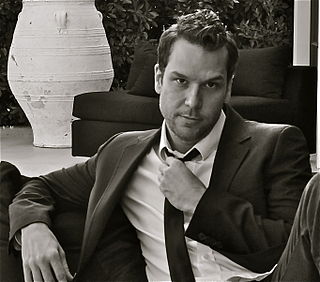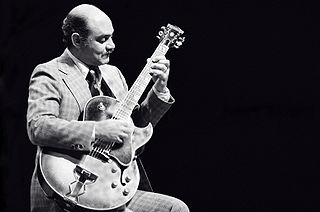A Quote by Phyllis Smith
Related Quotes
SADNESSES OF THE INTELLECT: Sadness of being misunderstood [sic]; Humor sadness; Sadness of love wit[hou]t release; Sadne[ss of be]ing smart; Sadness of not knowing enough words to [express what you mean]; Sadness of having options; Sadness of wanting sadness; Sadness of confusion; Sadness of domes[tic]ated birds; Sadness of fini[shi]ng a book; Sadness of remembering; Sadness of forgetting; Anxiety sadness.
It is not true that if we had true faith we would not be sad. Prophets (as), and righteous people experienced a great deal of sadness. The Quran is full of stories in which the central theme is sadness. Sadness is a reality of life. The Quran is not there to eliminate sadness, but to navigate it. Sadness is one of the tests of life, just as happiness, and anger are tests.
Brod discovered 613 sadnesses, each perfectly unique, each a singular emotion, no more similar to any other sadness than to anger, ecstasy, guilt, or frustration. Mirror Sadness. Sadness of Domesticated Birds. Sadness of Being Sad in front of One's Parent. Humor Sadness. Sadness of Love Without Release.
For a second we just stand there in silence. Then, suddenly, Alex is back, easy and smiling again. “I left a note for you one time. In the Governor’s fist, you know?” I left a note for you one time. It’s impossible, too crazy to think about, and I hear myself repeating, “You left a note for me?” “I’m pretty sure it said something stupid. Just hi, and a smiley face, and my name. But then you stopped coming.” He shrugs. “It’s probably still there. The note, I mean. Probably just a bit of paper pulp by now.
I can't relate to the idea of suicide. I guess I'm just one of those people that is always optimistic and upbeat. But one day, I sat down. I said 'You know what? Just to kind of purge myself, I want to see what its like to feel that low'. So I decided to write a suicide note. Yeah, just to kinda flush it out there and put it on a page. And I started to do this, and I had an epiphany. I'll share this with you: a suicide note that is written by somebody that is not suicidal is called an autobiography. I am on Chapter 58.
The amazing thing about the cistern is that, if you're improvising in a dead room, you play your note and then you're left with your thoughts and you have to be really quick on your feet and be able to move through many different musical thoughts seamlessly. Improvising there is just, like, you play a note and then you had at least ten seconds to think, "What would be the perfect accompanying note to that?" And then you could add that note. You can just build this puzzle that was really amazing.
I would hate to think I'm promoting sadness as an aesthetic. But I grew up in not just a family but a town and a culture where sadness is something you're taught to feel shame about. You end up chronically desiring what can be a very sentimental idea of love and connection. A lot of my work has been about trying to make a space for sadness.


































